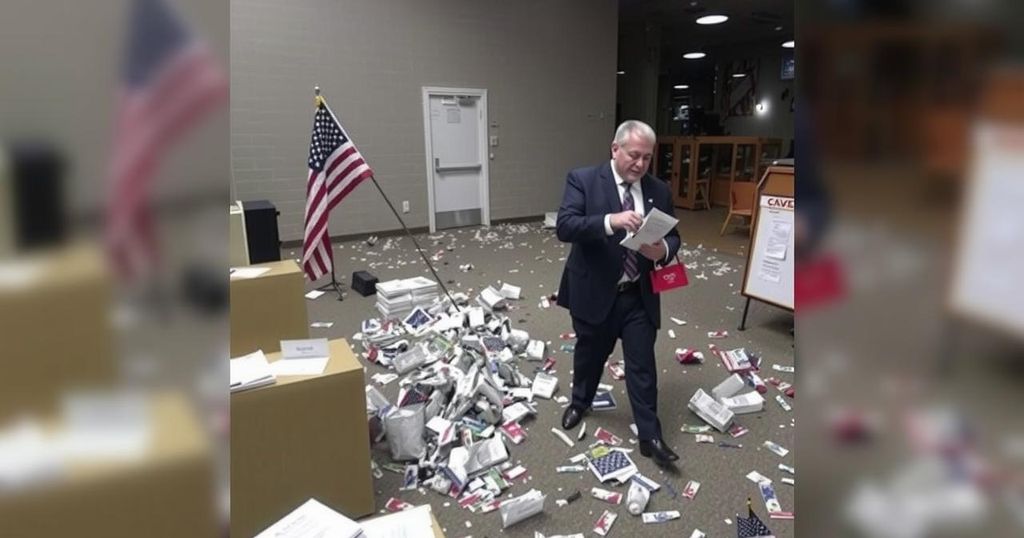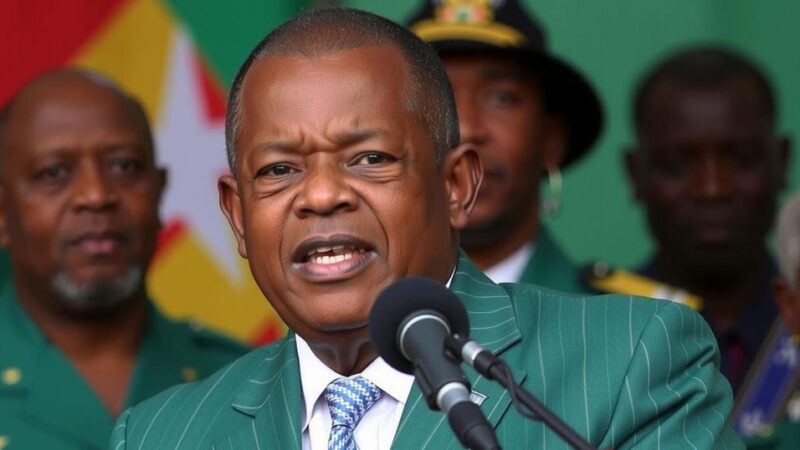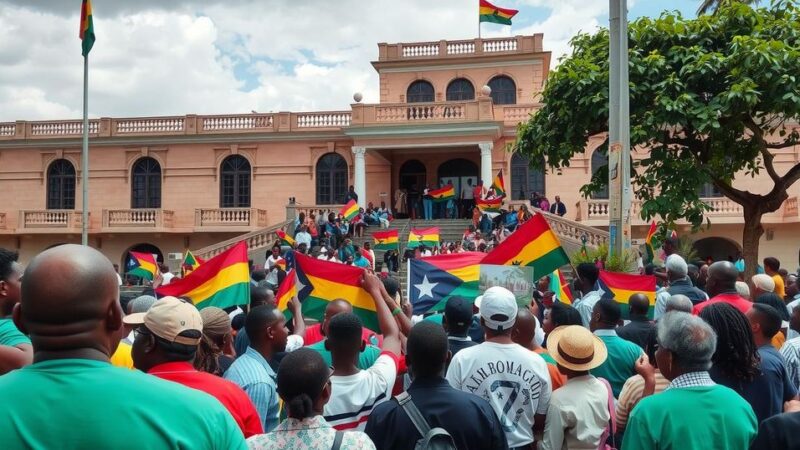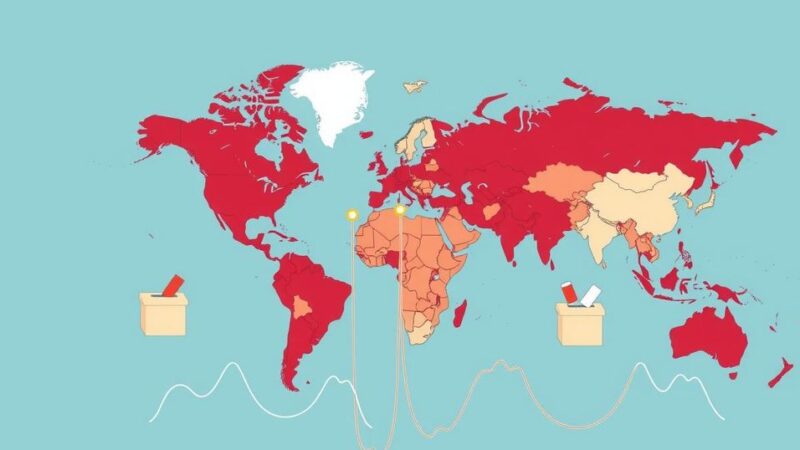Federal authorities announced that a video allegedly showing the destruction of ballots in Pennsylvania was fake, created by Russia as part of its campaign to interfere with the U.S. presidential election. The intelligence community has cautioned that more disinformation efforts are likely, aimed at undermining the electoral process and inciting division among Americans.
On Friday, federal officials disclosed that a video purporting to show the destruction of mailed-in ballots in Pennsylvania was fabricated by the Russian government as part of a broader strategy to interfere with the U.S. presidential election. The video, which circulated widely on social media, was identified by the Office of the Director of National Intelligence in conjunction with the FBI and the Cybersecurity and Infrastructure Security Agency as a deliberate attempt to create chaos and erode trust in the electoral process. Officials expressed concerns that Russia would continue to produce and disseminate misleading content aimed at undermining the electoral integrity and exacerbating divisions among the American populace. The circulated video, alleged to depict ballots from Bucks County being torn apart, was swiftly discredited by election authorities from both major political parties who emphasized that such actions threaten the credibility of the electoral system and the dedicated officials ensuring fair election conduct. Recent intelligence reports have indicated that Russia is backing the electoral campaign of Donald J. Trump and has also sought to discredit Vice President Kamala Harris through the propagation of false information, including a video that made baseless allegations against Governor Tim Walz of Minnesota. U.S. intelligence officials cautioned against potential efforts to increase public doubt regarding the upcoming election, with the intention of inciting unrest. The Cybersecurity and Infrastructure Security Agency has been actively engaging with local election officials to prepare them for foreign disinformation campaigns, urging preemptive measures against attempts to undermine confidence in the election’s integrity. Furthermore, Russia’s disinformation campaigns have displayed an increase in activity, particularly as the election date approaches, focusing on both American political figures and geopolitical issues related to Ukraine. As the election draws nearer, it is imperative for officials and the public to remain vigilant against misleading information to ensure the integrity of the democratic process.
In the context of the U.S. presidential election, foreign interference, particularly from Russia, has been a significant concern for federal agencies. The use of fabricated media to influence public perception and sow discord has been a consistent tactic implemented by foreign entities, with intelligence officials frequently issuing warnings regarding these activities. This specific incident highlights the persistent nature of disinformation campaigns aimed at undermining trust in U.S. democratic processes, particularly surrounding the electoral systems which are vital for a functioning democracy. The intelligence community has become increasingly attuned to recognizing the patterns of misinformation and is actively working with election officials to mitigate the potential impact of such disinformation. The rise of social media as a disseminating platform for false information poses a unique challenge, making it essential for both authorities and citizens to sustain discernment in the face of manipulative content.
The revelation that the video depicting ballot destruction in Pennsylvania was a Russian fabrication underscores the ongoing threat of foreign disinformation aimed at undermining U.S. elections. As federal officials prepare for potential further attempts to erode trust in the electoral system, it is crucial for both election officials and the public to remain informed and vigilant against such tactics. The increased scrutiny on foreign interference reflects a proactive approach in safeguarding democratic processes in a volatile information landscape.
Original Source: www.nytimes.com







